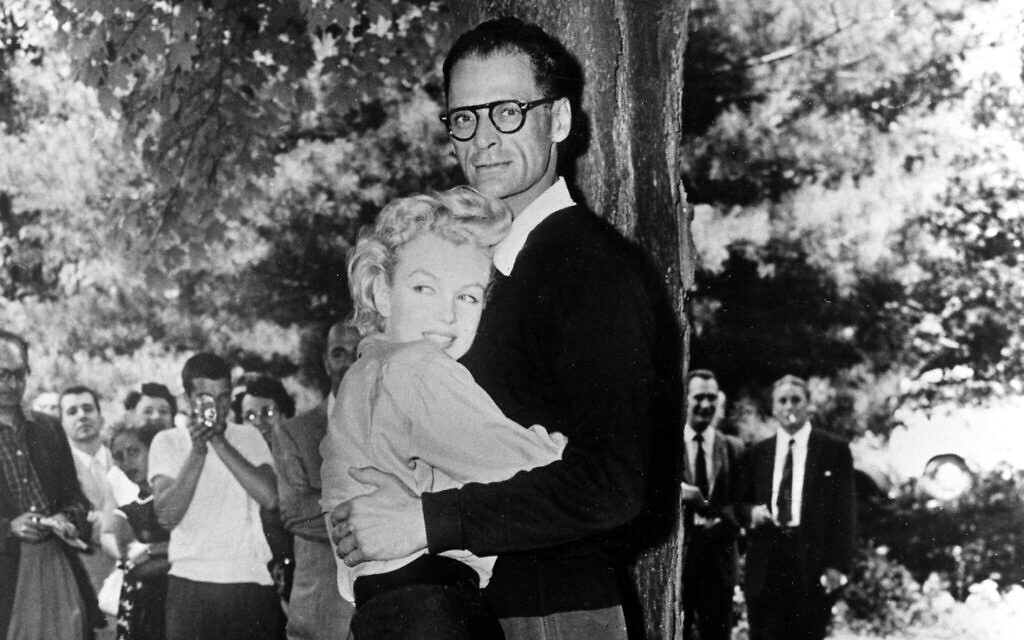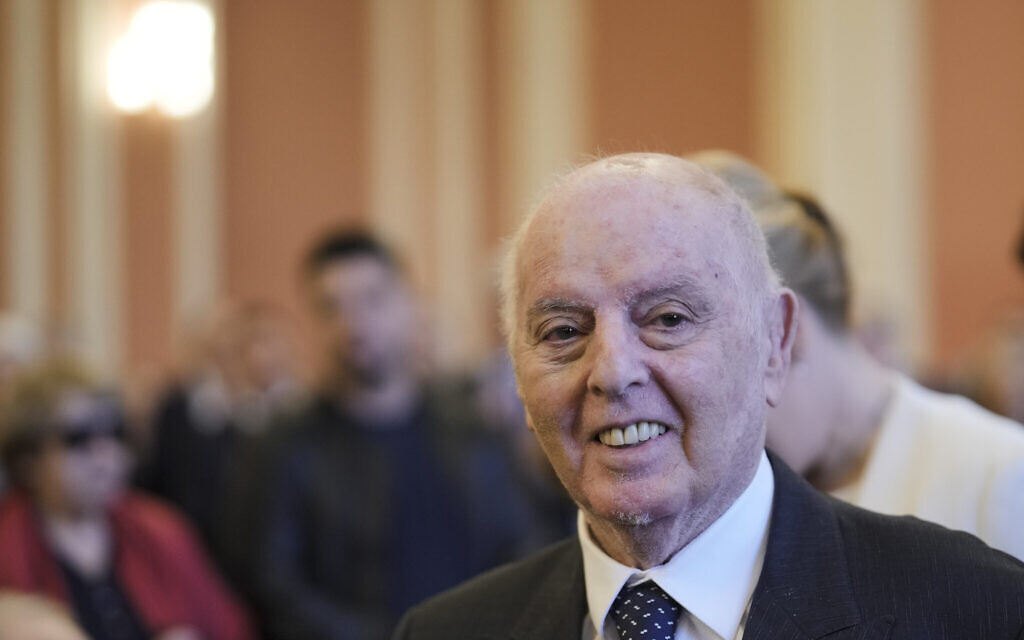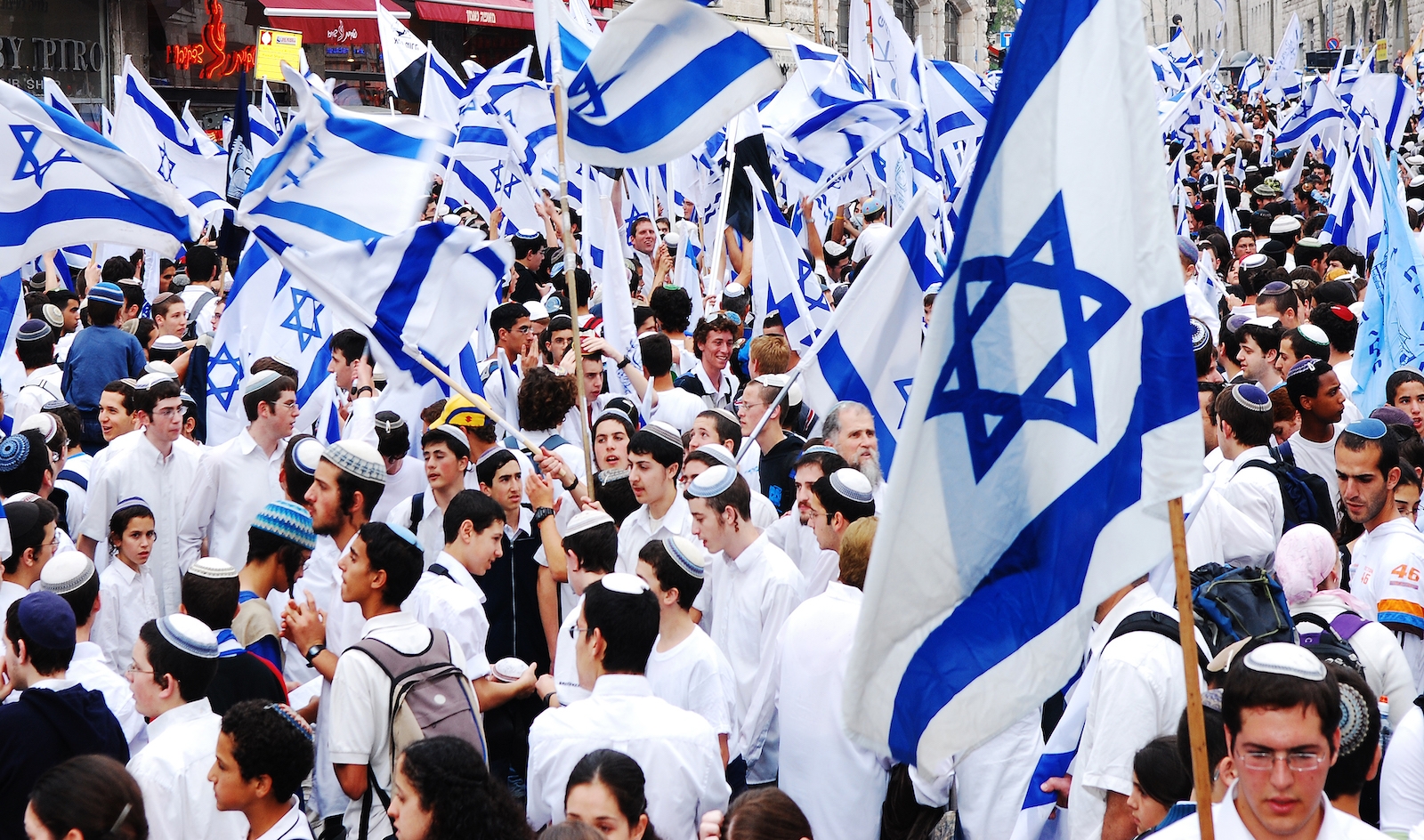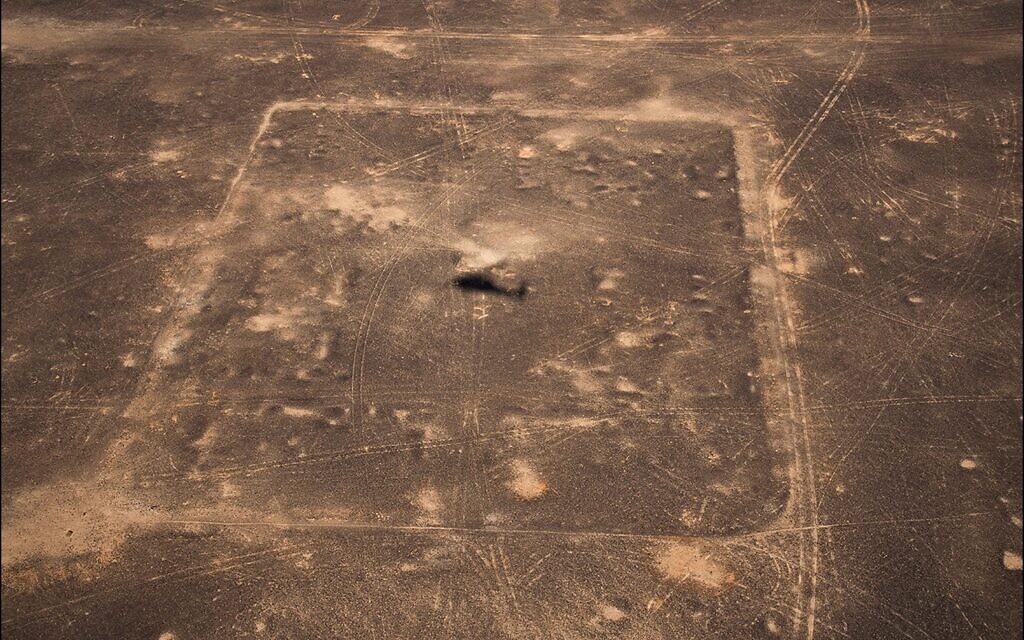Sixties Fan
Diamond Member
- Mar 6, 2017
- 57,747
- 10,974
- 2,140
- Thread starter
- #401

The rags-to-riches story of Arthur Miller, Pulitzer-winning son of Jewish immigrants
A new biography by John Lahr in Yale's Jewish Lives Series tracks the successes (and many failures) of a beloved American writer whose tragic characters were inspired by his life











